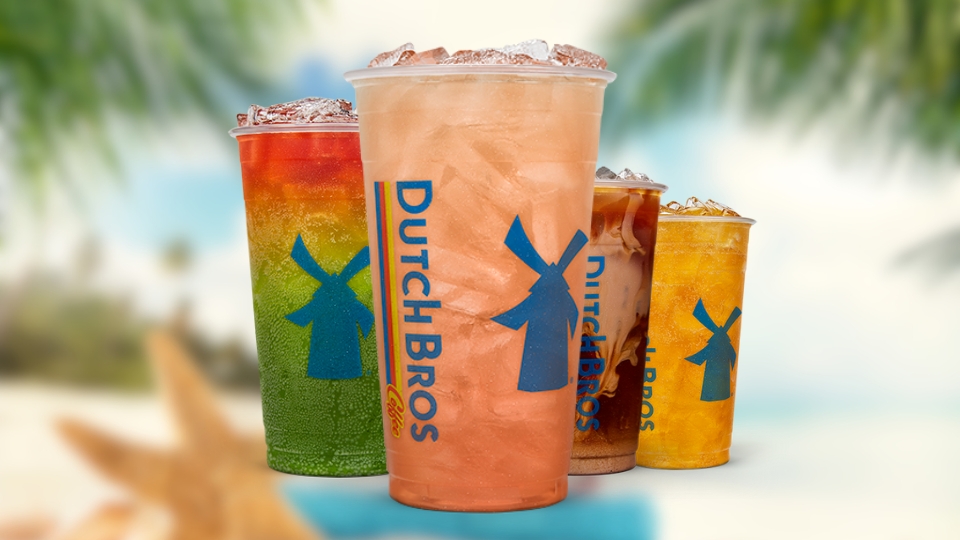What happens when your coffee tastes like soap? It’s enough to alarm even the most seasoned coffee drinker.
In this article, I’ll delve into why your coffee has that soapy undertone and how to remedy it. So, set that soapy brew aside, and let’s dive in!
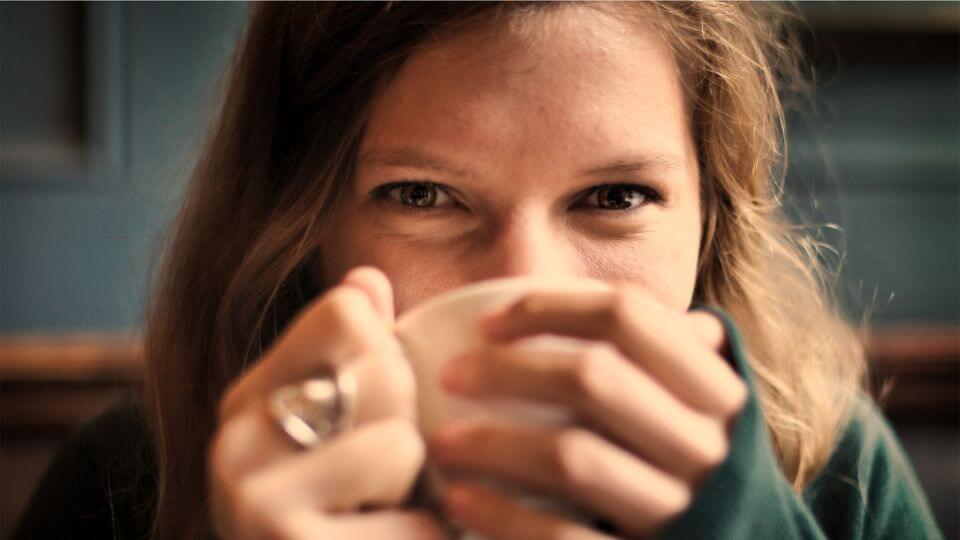
Why Does My Coffee Taste Like Soap?
Under-extracted Coffee
One major reason why your coffee tastes like soap is the fact that it is under-extracted.
This means that your coffee hasn’t been allowed to steep in the water enough. When coffee is made, the hot water needs to run through the ground coffee and mix with all the goodies in it.
This maximizes the flavor in the coffee and creates that potent flavourful cup we all love.
But if the water does not get into the coffee well enough, or if your coffee grounds are too big (or not right for your brewing method), or if the water temperature is not right (which ideally should be between 195 – 200 degrees), you will end up with a cup of coffee that is super bitter and flavorless.
And it WILL taste like soap.
So correct your mistakes and try again, which will give you a good cup of coffee.
Read more: How to fix under-extracted espresso coffee?
Stale Or Old Coffee
If your coffee is old or has gone stale this can also ruin the flavor of the final cup of coffee too.
Poor packaging and storage can lead your coffee to the point that it will end up tasting very acidic and bitter. When you open your pack of coffee, you MUST make sure that you keep it in a dry place in an air-tight container.
Otherwise, you will get moldy coffee beans (especially due to the coffee oils in the beans) which will end up seeping into your coffee cup as well.
So make sure you properly store the coffee, and you always use new products – NOT ones that have been sitting on your counter or in the cupboard for ages!
Poorly Roasted Coffee Beans
Roasting coffee beans is an art in itself, and you MUST pay very close attention to the whole process.
If the coffee beans are roasted way too much, you will be left with this SUPER strong bitter taste, so overpowering that it will take over the actual aromas of the coffee.
And this will leave you with a cup of coffee that tastes different and acidic.
If you are roasting your coffee on your own, make sure you don’t overdo it. Dark roasts are sought after, yes, but too much can ruin your coffee.
If you’re not sure about it, try a pre-roasted blend that fits your palette.
Water Quality
Your water quality depends on the area that you’re in. If you are using water that is natural, like spring water, then your coffee will NOT change the flavor.
But if you are using highly chlorinated water which you get in MOST cities and urban areas, your coffee might have a weird bitter taste.
This might even make coffee taste like soap.
So if your area has chlorinated water, make sure you make your coffee from distilled water that does NOT contain chlorine, and your coffee should taste just fine.
COVID
Sometimes there is nothing wrong with the coffee, and it’s a problem with your sense of taste.
This is especially true if you recently had or have COVID.
When something like COVID takes over your body, you will start tasting things very differently, and coffee can be among these things.
COVID can actually make your coffee taste like soap, but there is no need to be alarmed as this will go away in a few weeks.
Moreover, even medications can change your sense of taste.
So if you recently started taking any medications, it could also cause coffee to taste like soap.
Soap Bubbles In Coffee
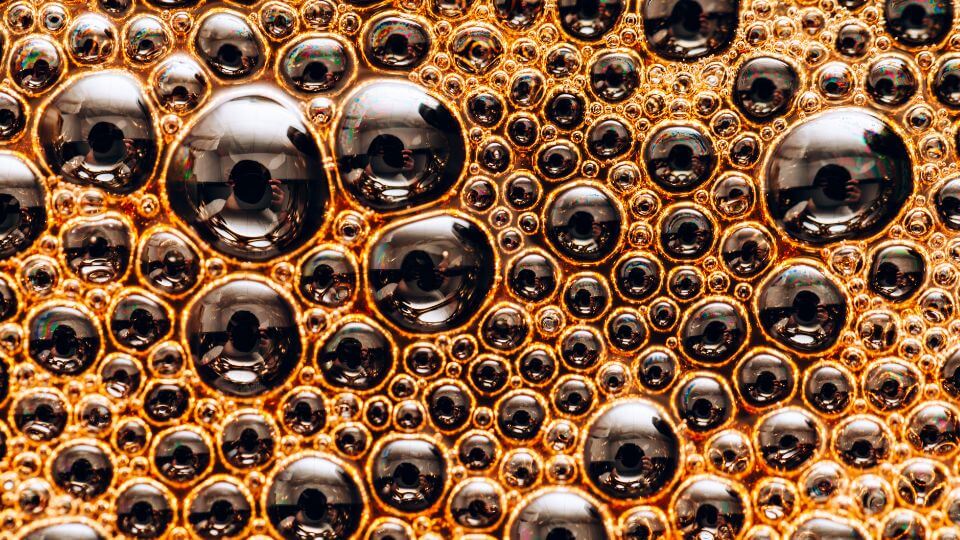
Those soapy-looking bubbles that you see filling up your coffee mug when you’re pouring into it, can look a little bit weird to someone who is not used to it.
But you should know that coffee bubbles have NOTHING to do with soap!
Those bubbles that you see in your coffee cup as you pour come from the carbon dioxide that is trapped in the coffee beans during the whole roasting process.
They will NOT make your coffee taste like soap, they’re just a natural part of the coffee-making process – so don’t be alarmed.
Frequently Asked Questions
Why Coffee Tastes Like Perfume?
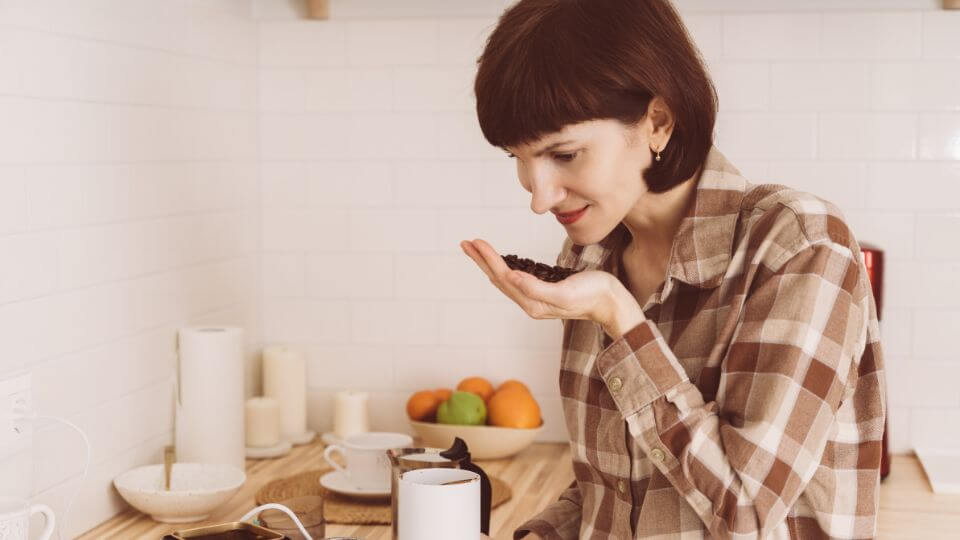
Coffee tasting like perfume is very irregular.
But it can happen if you have sourced your coffee from some artisanal coffee maker who might have flavored it with some other ingredient.
This can make your coffee smell like perfume, which you might either like or hate.
The way the coffee is stored can also be a reason.
This is especially true if the person selling your coffee has stored it haphazardly with other perfumed products like jasmine tea, as it can easily be mixed with the coffee.
It’s best to throw that batch away and try a different brand, or another vendor entirely.
Why French Press Tastes Like Soap?
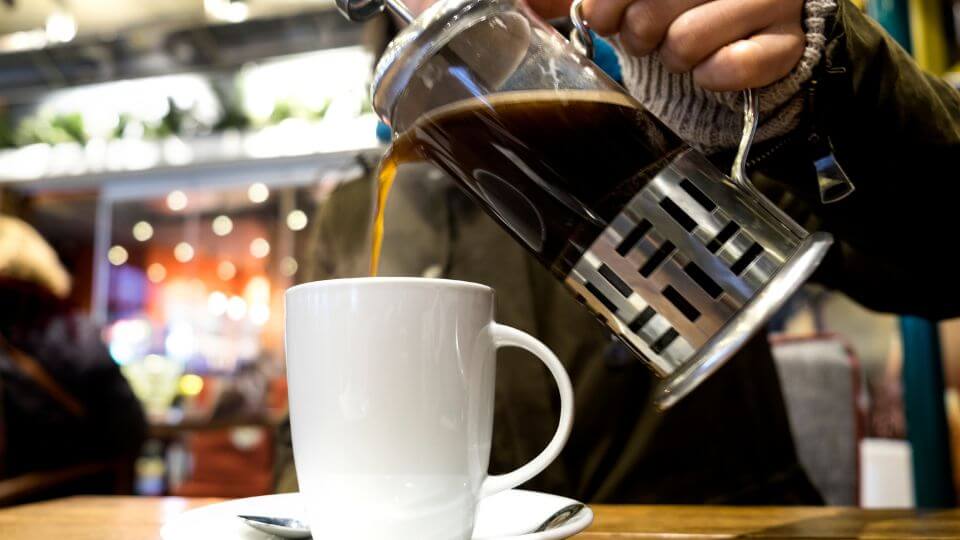
A French press can taste like soap if you have not followed the brewing instructions properly.
The main reasons for this are the temperature, the grind size, the extraction time, and the water quality, as mentioned above.
The optimal extraction time is between 2 and 4 minutes, and the other factors should fit the process as well – temperature ranging between 195 to 205 degrees Fahrenheit, the appropriate grind for French Press, and water that ISN’T chlorinated.
Can Coffee Taste Like Soap When Pregnant?
Yes, sometimes pregnancy can lead to hormonal reactions that can change the way you taste certain types of food and beverages.
Coffee can actually taste bitter and soapy if you are pregnant, but make sure there are OTHER factors supporting this. Just because your coffee tastes funny, does NOT mean you are pregnant.
But if you are, then you might find coffee tasting a bit funny.
Why Does Coffee Taste Like Dish Soap?
This can happen if you have not properly rinsed your coffee machine or the cups and mugs you use for preparing coffee. Sometimes dish soap can leave a thin film on your utensils and this can lead to coffee tasting weird.
So make sure you wash and rinse your utensils and coffee-making equipment well.
My Final Thoughts
Coffee is more than just a morning ritual; it’s an experience that brings comfort and warmth.
However, when that comforting cup starts to taste more like soap than java, it’s natural to seek answers.
From brewing intricacies and bean quality to unexpected factors like personal health, various elements can influence your coffee’s flavor.
The good news is that most of these issues are easily addressable. By recognizing the underlying factors and making the necessary adjustments, you can ensure that each cup you brew is as delightful and flavorful as you desire.

